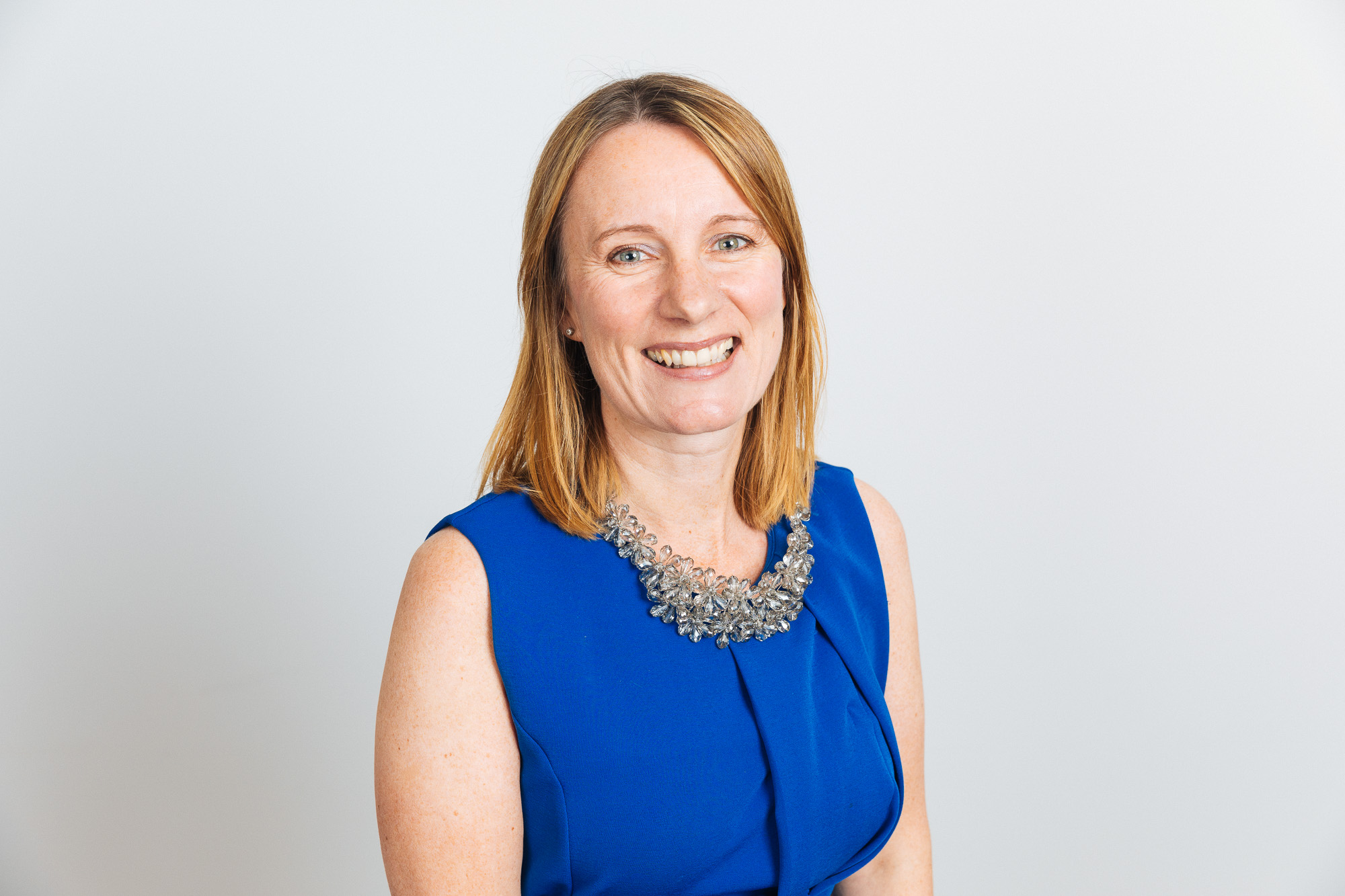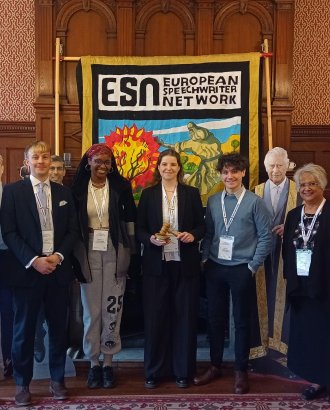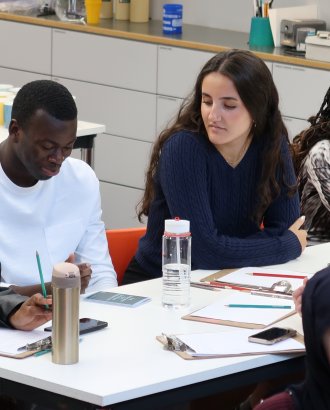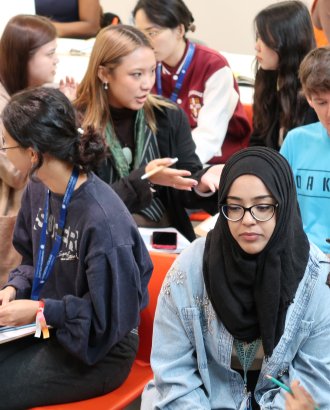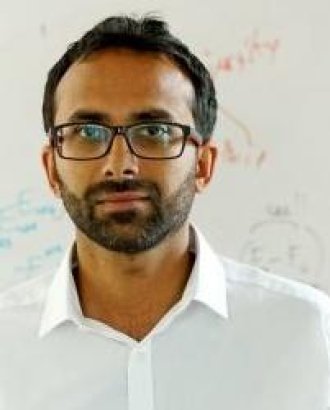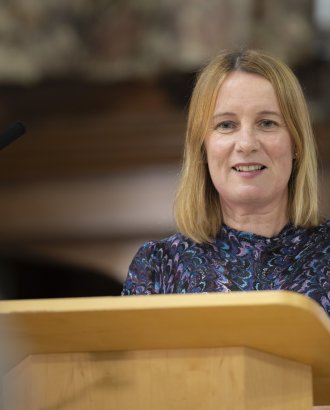THE HEAD of Cancer Research UK has called for a more strategic relationship between charities, government, universities and industry to solve the greatest health challenges.
Michelle Mitchell OBE, who is set to deliver a lecture at Homerton College tomorrow (2 May), said such partnerships were crucial in a “tough economic environment”.
Mitchell, an Honorary Fellow at the College and CEO of the world’s largest charitable funder of cancer research, said partnerships can “accelerate” progress towards combating cancer.
She will deliver the seventh annual Kate Pretty lecture entitled ‘Charities Under Pressure: A Force for Good in a Changing World’ tomorrow evening in the Great Hall.
Speaking ahead of the lecture, she said: “If we're going to solve, and improve, some of the biggest human health challenges that are before us, then we need a strategic relationship with government, with industry, with universities, with charities to bring together the people the best ideas, and the money, to propagate accelerated action against some of those missions.
“I think there are lessons around the country for how universities can work strategically with charities. But it goes beyond the relationship with charities. It goes to the government, it goes to the health service, it goes to industry.
“And when we think about the goal of significantly improving cancer survival in this country to become world-leading, no one organisation or institution can do it on its own.”
She added: “Today's success for charities is not a guarantee for tomorrow's success. There is this huge competition for share of influence, fundraising and philanthropy. And this is only going to get harder in a tough economic environment.”
Mitchell is expected to reflect on the history and present landscape of UK charities, their impact in the world, the partnership with the University of Cambridge, and the importance of a new generation of leaders.
She will say that charities are an integral part of civil society, and have had a significant positive impact on the planet, human health and happiness, but they are under significant pressure and cannot be taken for granted.
Mitchell has led Cancer Research UK since 2018. Prior to that she spent five years as CEO of the MS Society, where she launched the STOP MS £100m appeal, and served over a decade as Charity Director General at Age UK.
The Cancer Research UK Cambridge Institute, established in 2007, based at the Biomedical Campus, carries out world-leading biology cancer into cancer diagnosis, treatment and prevention.
Her charity provides tens of millions in funding for this research, and also supports the Cambridge Experimental Cancer Medicine Centre, a unique partnership between Cancer Research UK, Cambridge University and the hospitals.
Mitchell is expected to highlight this partnership as an exemplar of what can be achieved when top charities work together with others.
